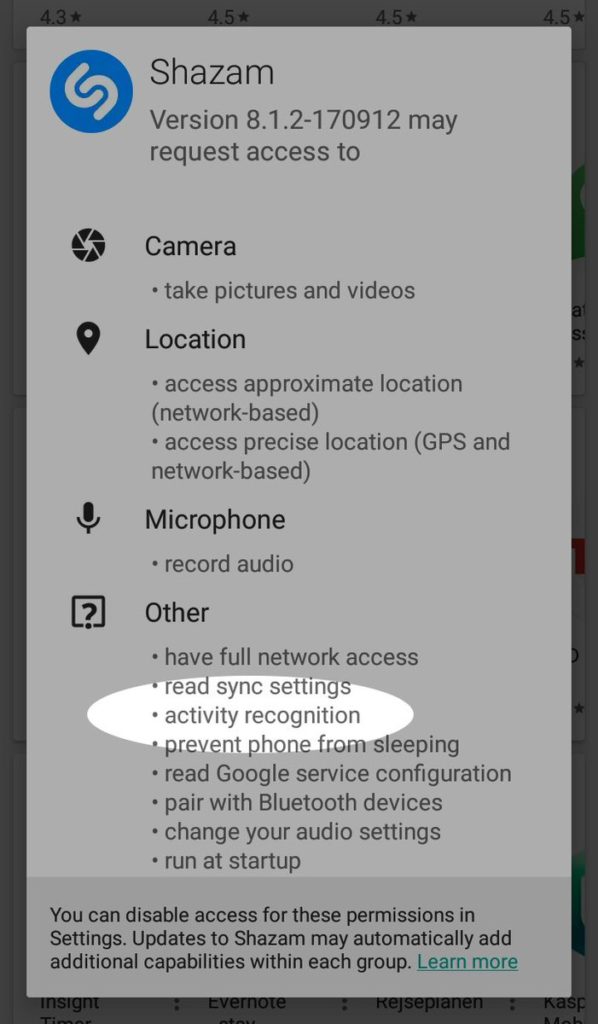Android users beware! Android phones help Google track your every move even after you turn off the location tracking services

Android users beware! Your Android phones can reveal all of your physical activities in the real-world with Google and other third-party apps installed on your device. If you are one of those users who are still skeptical about using Android phones, then the recent news about Google’s real-time user activity monitoring might confirm your fear.
According to a report from Quartz, even if your turn off your Android phone’s location services without any SIM cards, or haven’t used any apps, Google is still able to track your Android locations and movements, using the unique addresses of mobile phone masts (called Cell ID). Thanks to the good investigative journalism by Quartz publication. Google later confirmed Quartz report, saying that the feature is used to improve push notifications and messages. So the question is, where do you draw a line between collecting phone tacking data to improve device performance and individual privacy? Google has been collecting location data from Android phones, even with location services turned off and no SIM card since January 2017. During the time, Google collected the addresses of nearby cell towers as part of the data it routinely gathered from its users as long as their phones were connected to the internet. Google said it plans to stop the practice by the end of November 2017.
In addition, Google’s spokesperson said that it is “now taking steps to end the practice.” In an attempt to explain the practice, Google said:
“In January of this year, we began looking into using Cell ID codes as an additional signal to further improve the speed and performance of message delivery,” the Google spokesperson said in an email. “However, we never incorporated Cell ID into our network sync system, so that data was immediately discarded, and we updated it to no longer request Cell ID.”
DuckDuckGo highlights the issue with Google’s real-time user activity monitoring
A permission called “Activity Recognition” tracks user’s physical activity -sitting, standing, walking, biking, etc- with the help of built-in sensors. This information is shared with Google and apps allowing them to track user’s every movement literally.
The “Activity Recognition” issue was first raised by Google’s search engine competitor DuckDuckGo in a twitter post on its twitter page. The tweet reads:
There’s a new Android permission in town, that shares with apps whether you’re walking, driving, sitting, etc.
It’s called “Activity Recognition” and you can find it in an app’s permissions page, in the “Other” category, but it can’t be disabled

You can read the full story at Quartz.




